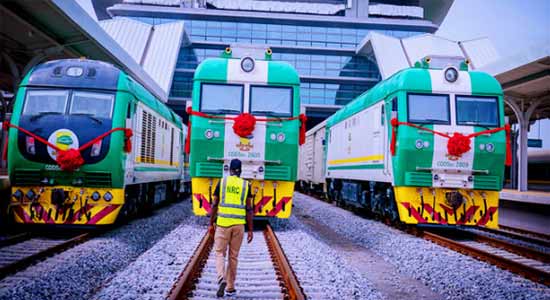Edo State government, yesterday, said 20 people were kidnapped contrary to earlier reports of 31 people being kidnapped, in the Ekehen, Igueben Local Government area railway station attack, last Saturday.

Briefing newsmen on updates from the Igueben incident, the Commissioner for Communication and Orientation, Chris Nehikhare, told journalists in Benin City that the latest figure of victims was based on intelligence reports from security operatives from the area.
He said: “From intelligence, we have discovered that the kidnappers are successfully holding just 13 hostages, not 31, as previously thought. This is the intelligence available to us now. They might have taken 20, seven were rescued and the balance 13 people with them. The operation is still ongoing and we are confident that very soon the ordeal of these innocent citizens will come to an end.
Nehikhare said the Deputy Governor of the state was in Igueben on Tuesday where he met with community leaders and village heads “and gave them a matching order on the government’s expectations from them. The government also told the leaders of the consequence of harbouring kidnappers and terrorists;
“If at any point those that are found to have used their facilities are found to have murdered or killed any of their captives, the owner of that property is an accessory to murder and will be charged for murder and prosecuted alongside the perpetrators of the crime.”
Responding to questions on why the security in the area failed despite the state government’s claim of success in internal security in the state, the Commissioner said: “The state government takes the issue of security very seriously, but the train station belongs to the Federal Government. The Federal Government told Nigerians, the other day, that they have put in place very serious security architecture to protect all the train stations and any state government will believe the federal government is on top of this. Even as we have our local vigilante and other para-military, they are not detailed to police the train stations. What we were doing is for the protection and prevention of crime, especially within the communities.”